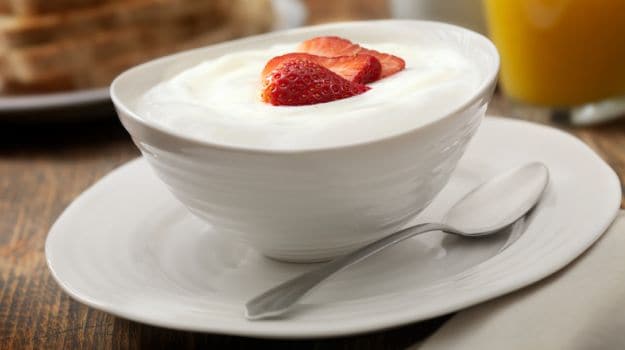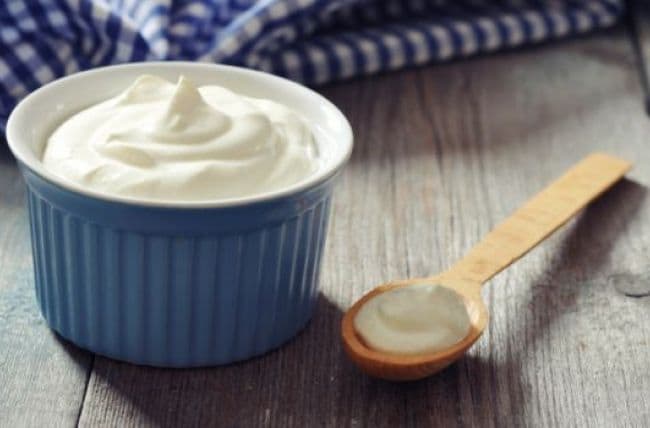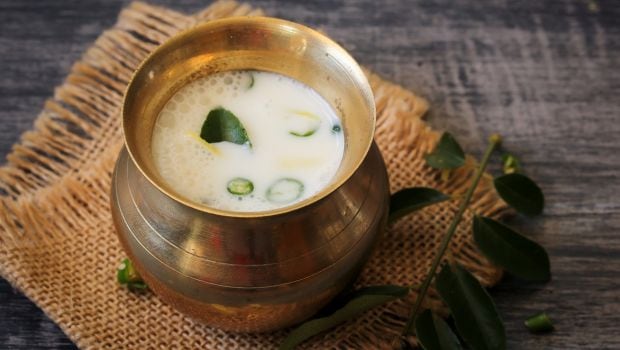Is It Safe To Have Curd At Night?
Curd is an essential part of an Indian diet, especially if you go down South. There it is almost equivalent to a staple, one you can’t do without. The people enjoy it with rice, in their desserts and even in their beverages. If you don’t happen to like milk, curd works as an excellent alternative. Curd has an instant cooling effect on the body, which could be one of the main reasons behind its popularity in the torrid regions of South India. It is a storehouse of good bacteria and aids in digestion. It also happens to be good for your heart. Due to its high calcium and phosphorous content, it does wonders for teeth and bone health. Yet some experts advice against having the extremely nutritious bowl of curd at certain time in the day, especially during the nights.
According to Ayurveda, certain food timings and food combinations disturb the normal functionings of the body by upsetting the doshas. As per Ayurveda, each person is born with a life force that comprises the five elements or building blocks of nature: Earth, Air, Water, Fire and Space. We possess a unique balance of these five elements in varying degrees. This balance of elements is known as a dosha. There are three fundamental doshas: Vata, Pitta and Kapha, and good health is considered to be a perfect state of balance between these three doshas.

According to Ayurveda, curd has both sour and sweet properties and it increases Kapha dosha in the body. During night, there is natural predominance of Kapha in the body. This imbalance can lead to excess mucus development in the nasal passages.
Several people consume curd in direct and indirect ways at night (raita, kadhi, dessert). So the question arises, should you stop consuming curd completely at night?
Shilpa Arora, a renowned Health Practitioner, Nutritionist and certified Macrobiotic Health Coach, says, “It is absolutely fine to have curd at night. Only people prone to Asthma or cough and cold should avoid it for dinner as it is mucus causing. For dinner, opt for chaas or raita (maybe mint and jeera raita) to aid digestion. You could also add fenugreek to calm the stomach of any indigestion.”
Meher Rajput, Dietician and Nutritionist at FITPASS says, “If you are prone to cold and flu then it’s definitely advisable to avoid having curd at night. One can have buttermilk instead as it is the best substitute for curd which aids in proper digestion, clears the channels and reduces mucus secretion. People suffering from pollen allergies and Asthma are also advised to avoid curd and curd preparations at night. It can cause blockage within the breathing pipe and can sometimes also aggravate the symptoms leading to serious complications.”

Ayurveda advises against eating curd at night. Photo Credit: I stock
Meher further adds that while curd is an excellent source of good bacteria which helps in digestion, eating curd at night can make one feel loaded as it is heavy to digest, compared to buttermilk.
“It is advisable to have curd or buttermilk (which is easy to digest) at night but occasionally, with about 1/4 tsp of black pepper, as black pepper is known to have heat producing property,” she adds.

So it is advised to stay away from curd if you are struggling from a clogged nose. Others can continue enjoying their favourite bowl of curd. Have it sweet by mixing some sugar or jaggery, or add in back pepper and vegetables like cucumber and pumpkin and make yourself a quick raita. You can also use it to spruce up your salads.
(This content including advice provides generic information only. It is in no way a substitute for qualified medical opinion. Always consult a specialist or your own doctor for more information. NDTV does not claim responsibility for this information.)
For all the latest health News Click Here

